Five Great Reasons to Drink Less
Alcohol Awareness
In the ‘Healthy Habits’ blog I wrote earlier this month I spoke about how bad habits should be ‘treats, not crutches’, further emphasising that expecting people to completely stop these habits would be unrealistic.
And yet, Alcohol Concern’s ‘Dry January’ event tasks drinkers with doing exactly that, kicking one of modern society’s most pervasive recreational habits for as long as a whole month.
In support of this good cause and perhaps to make drinkers stand back and consider the bigger picture, SHEilds have gathered five key reasons why reducing or even eliminating your alcohol intake could have a positive impact on your life.
1. Your Wallet Will Thank You
Even for irregular drinkers it can be easy to overlook the dent a few nights out drinking can put in your finances.
Psychologically speaking most of us tend to wince at the cost of new furniture, holidays or bills whereas a night out can slip under the radar; a stealthy drain on our finances that somehow ducks under the usual cautions.
Once alcohol is in your system and you’re having a good time, most will want to keep the good time going, continuing to buy drinks with inhibitions exponentially decreasing alongside intake. Throw in the pressure to cover a round among several friends and you could be looking at a bill that exceeds a restaurant meal.
The chances are that all you will have to show for this expense is a hangover and no possibility of money back.
If you need motivation for having a soft drink at a gathering with friends, try visualising another luxury or activity the equivalent spending could pay for. Alternatively, set yourself an upper spending limit for the evening and enforce it by only bringing cash with an emergency reserve for a taxi home.
2. Be at Your Best
It can often seem that alcohol brings out our sociable side, but bear in mind that this is for a comparatively short amount of time in the week. Feeling energised and happy during a few hours on an evening doesn’t seem such a great deal when the cost is lethargy during the day and restless, erratic nights.
The majority of drinkers who take an extended break from it are often pleasantly surprised by an increased sense of energy during the day and more restful nights of sleep. Give it a go and you may well find this trade-off to be vastly preferable to the alternative.
3. Weight Loss and Reduced Chance of Serious Illness
Much as we often fail to spot disproportionate expenditure on drinking, so too is it easy to overlook the sizable weight gain it can cause.
A direct comparison of calories shows that most drinks will equate to the equivalent gain of a small chocolate bar or a packet of crisps; if a night out includes intake of several drinks then you’re effectively eating several chocolate bars in a row. Furthermore, due to your body immediately metabolizing alcohol it impacts our ability to do so for other consumables, slowing the process for sugars and fats.
More serious health concerns may also arise as a result of excessive alcohol consumption on a regular basis. The recommended upper limit of fourteen units a week might sound like a lot but in reality it’s only six pints of mid-strength beer or ten small glasses of wine. Even lower level drinking still has links to life threatening illnesses such as cancers, liver disease, brain damage and strokes after a few decades of regular consumption.
Even if you aren’t planning on taking a dry month there are plenty of small ways to reduce intake and the impact it has on our bodies; eating well before nights out, moderating alcohol with glasses of water and avoiding ‘binges’ could all contribute to a healthier life style.
4. Keep in Control, Keep Safe
Even the most sensible among us are unlikely to maintain appropriate caution whilst heavily drunk. Consider alcohol to be a magnifying glass, under which the everyday risks balloon into serious Health & Safety hazards.
With our personal awareness and preservation instincts dimmed, the chances of suffering real harm sky rocket; this could apply to disproportionately hostile encounters with other parties, careless slips and trips or even – under the absolute worst circumstances – the dangerous decision to drive under the influence. The difference between a simple “I can’t believe I did that” and waking up in hospital can be down to a moment’s bad decision making.
alcoholconcern.org.uk statistics show that in the UK alone a fifth of all violent incidents around 2013 took place near or inside drinking establishments, with 8,270 casualties as a result of drink driving and approximately 704,000 violent offences where the party in question was thought to be under the influence.
If you are drinking it’s important to exercise self-control in your consumption earlier in the evening as there will be no guarantees this will be possible if you go too far. Again, limiting finances, making sure you’ve eaten well in advance or possibly designating a sober friend to keep you in check are all smart choices to prevent unnecessary and irreversible catastrophes.
5. Be Happy, Never Drink to be Happy.
While potentially uncomfortable, questioning your motivations for wanting a drink before even lifting a glass is something we should all do. The mood in which we approach alcohol can be a deciding factor in how we consume it.
A sociable outing with friends which starts on a positive note is more likely to be one which doesn’t require a constant influx of alcohol to be sustained. At the opposite end of the spectrum however, a night out which is motivated by misery from the start or where the sole purpose is intoxication rather than fun, is far more likely to degenerate into dangerous levels of binge drinking.
Whether it be complete elimination or occasional enjoyment, controlling your alcohol intake will ultimately make sure it remains a pleasant treat to be savoured and not a destructive problem to be feared.
Owen Roach

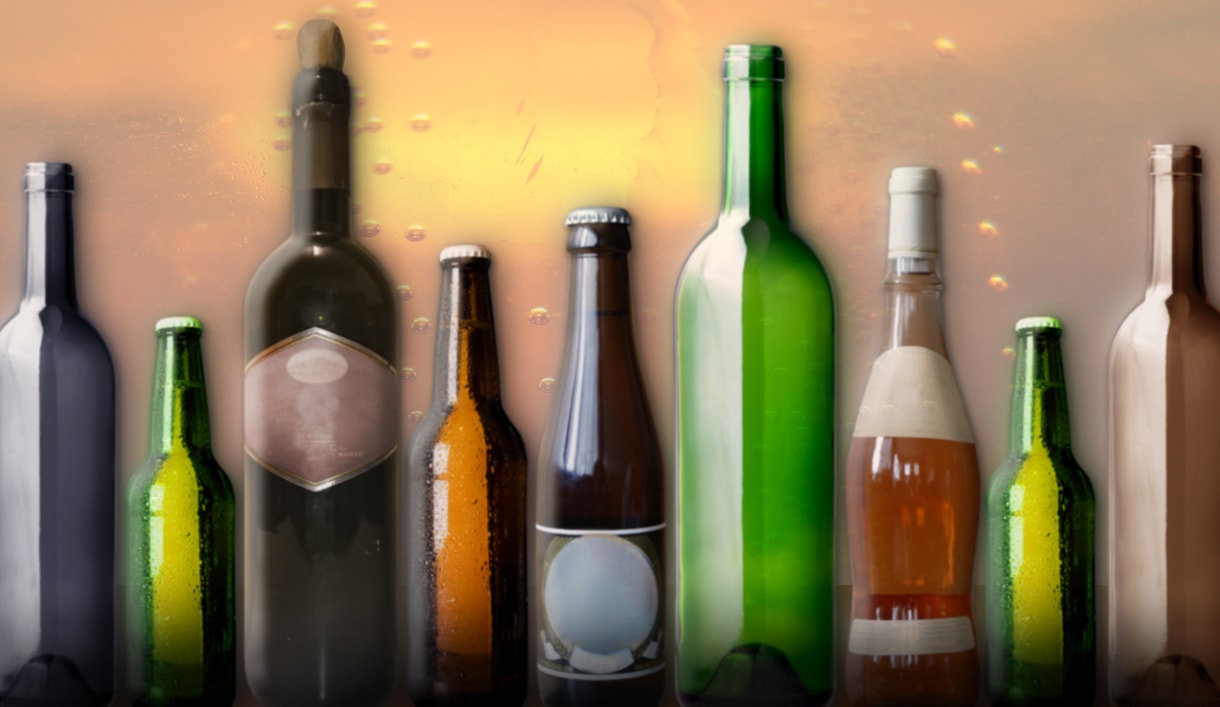

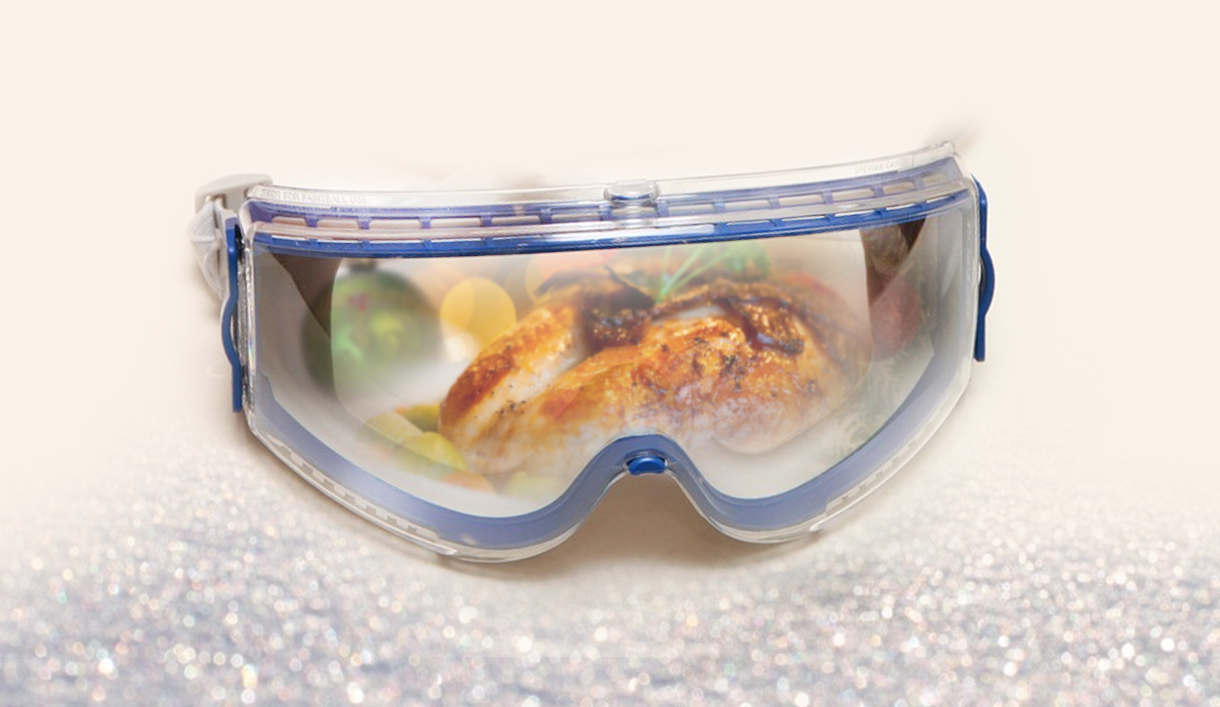
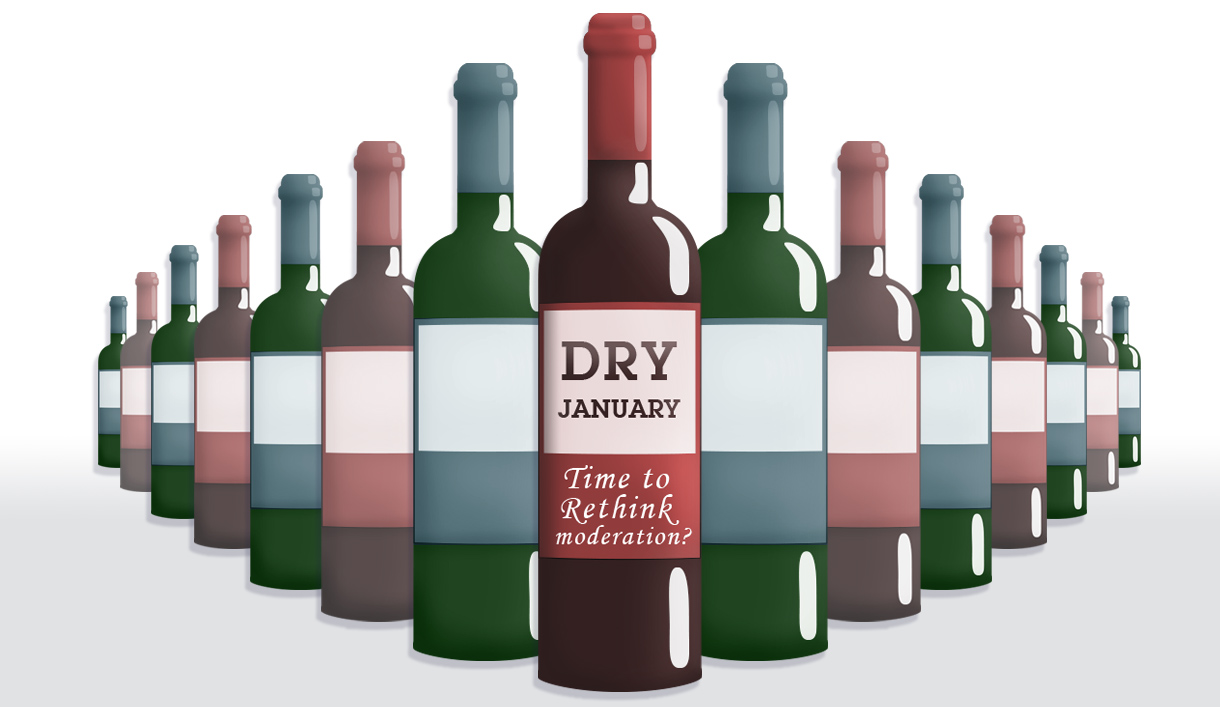
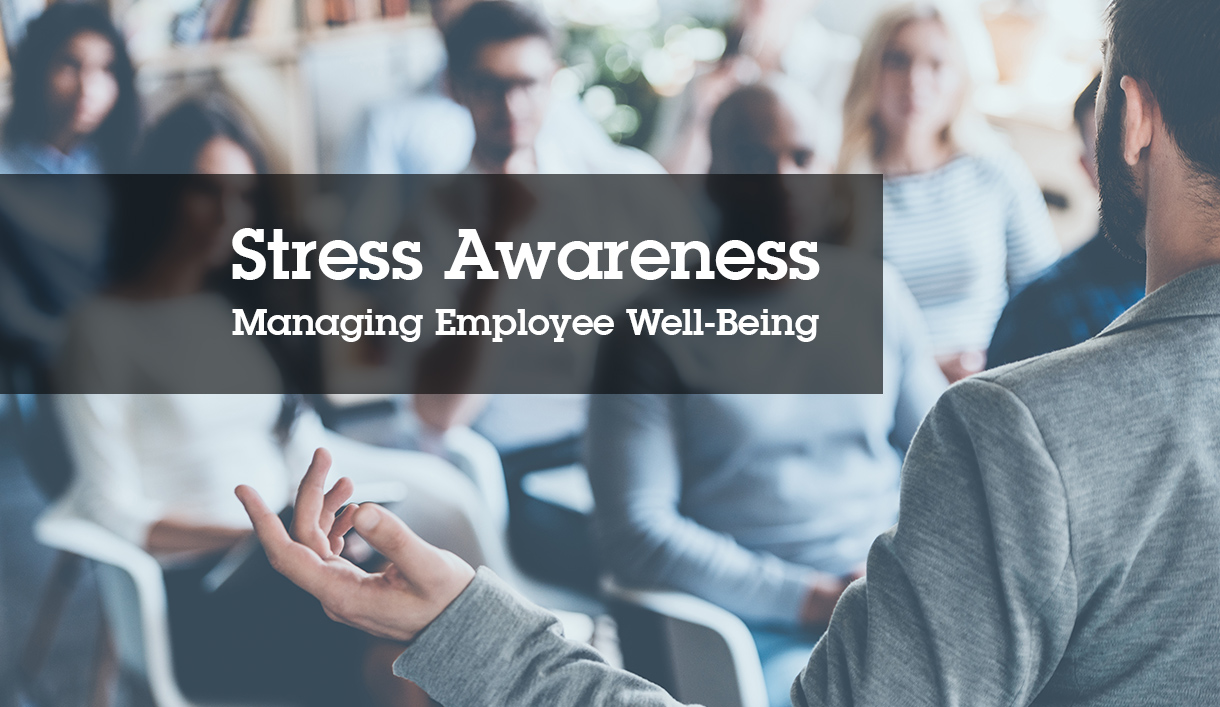

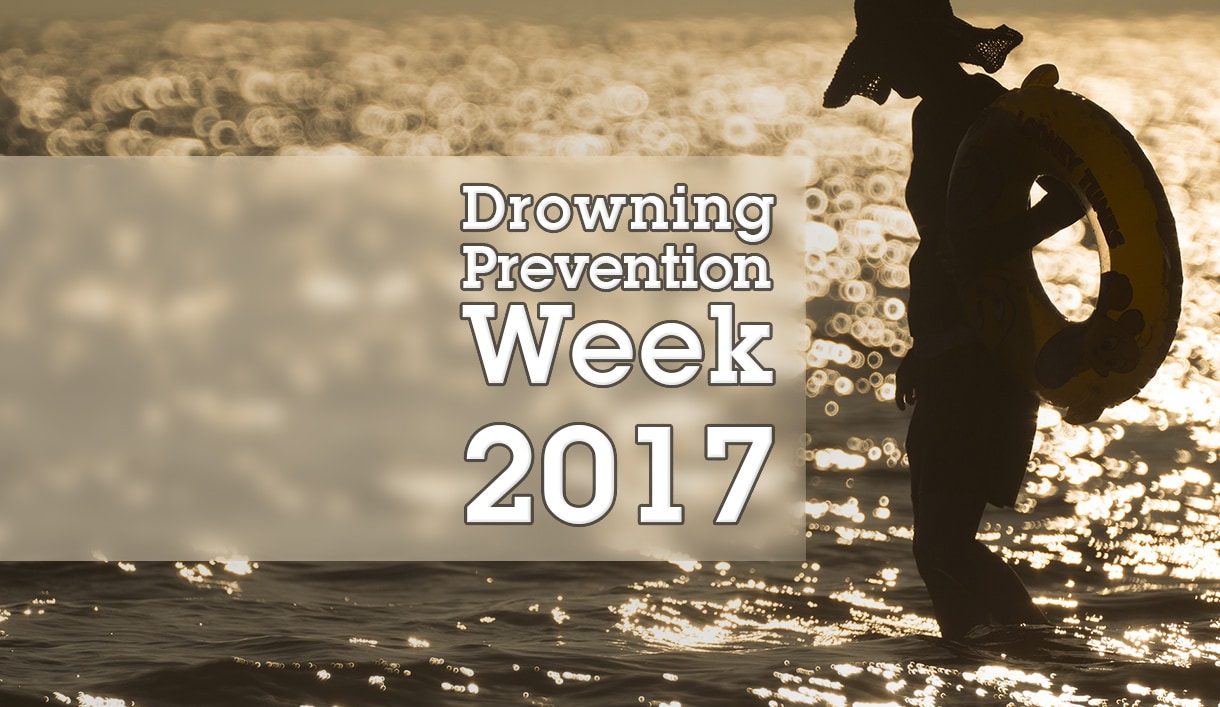

Leave a Reply
Want to join the discussion?Feel free to contribute!